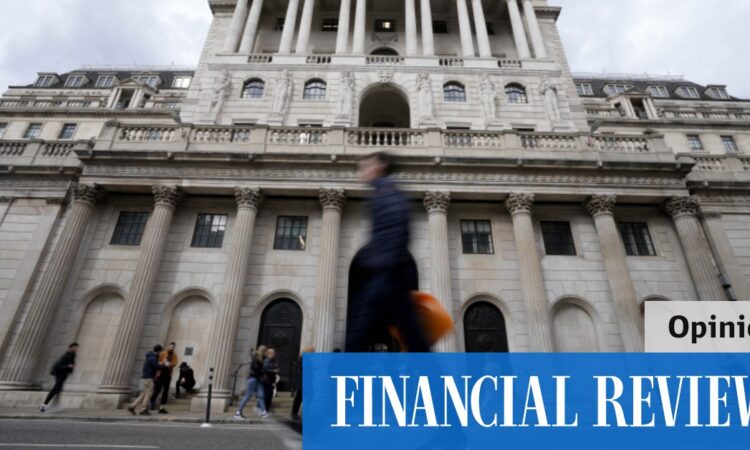
It showed that as a result of surging bond rates, pension funds got margin called and their assets went down. But their liabilities went down even more. The result: no more liability mismatch!
But as we have come to appreciate, it’s been a mess. Pension funds have faced acute liquidity squeezes that have threatened their very solvency, exacerbated a bond market crisis, and held the entire global financial system hostage.
‘Stupid things’
It’s certainly not the first case of hedges gone bad. Outspoken hedge fund manager John Hempton penned an interesting note to clients this week in which he walked through other historic failed attempts at managing risk.
(The term hedge funds is derived from the strategy to hedge out market risk by betting on some stocks and against others.)
“The maxim we use is that there is no such thing as hedging,” Hempton said. “This is obviously an exaggeration, but it is no exaggeration to say that many stupid things have been done in the name of risk reduction and hedging.”
One was QBE Insurance’s use of currency derivatives to manage the foreign exchange risks associated with its global operations.
In 2009, the near 30 per cent gain in the Australian dollar in effect created a $2 billion margin call, draining the insurer’s capital. “The hedges did not hedge risk, they simply transferred a balance sheet risk into a nastier cash-flow/liquidity risk,” the Bronte Capital manager wrote.
Risks are everywhere
Another example is one we have discussed before: Australian superannuation funds’ currency hedges. As super funds have amassed large holdings of offshore unlisted assets, movements in the currency can increase their exposures in Australian dollar terms to unsafe levels.
So, they’re forced to top up Australian dollar derivative bets, and the associated collateral is marked-to-market. This can, and has, created a few tight squeezes in the past.
If there’s a broader takeaway, it is that risks that have been hidden are popping up all over the place as money is drained from the financial system at a scale and pace we’ve not seen since 2008.
And it’s important to consider exposures, not in net terms but in gross terms. Hedge funds know this all too well.
Sometimes, all their long bets fall at the same time as their short bets are squeezed. Their net exposure to the market may have been zero, but that counts for nothing while their gross exposure is everything.
It’s a point made by market expert Gerard Minack, who is paying closer attention to a build-up of gross leverage in both the financial and non-financial sector.
“[The] daisy chains of leverage are only as strong as the weakest link, and if the chain snaps what matters is gross, not net, leverage,” he told clients in a note this week.
Right now, he says, gross leverage is “enormous”.



